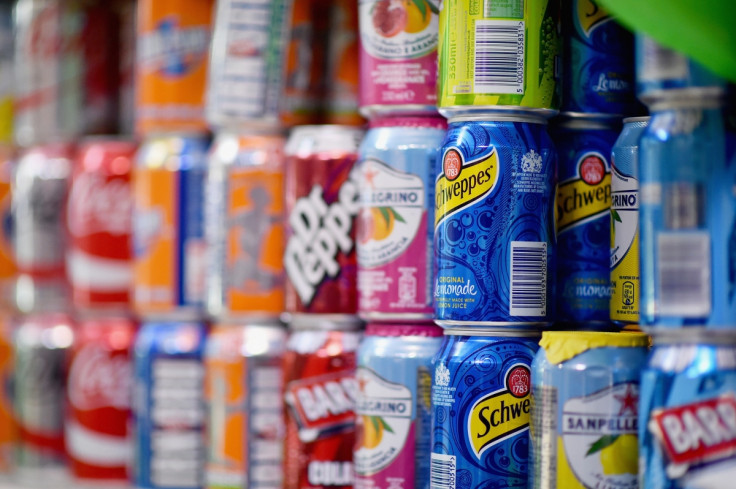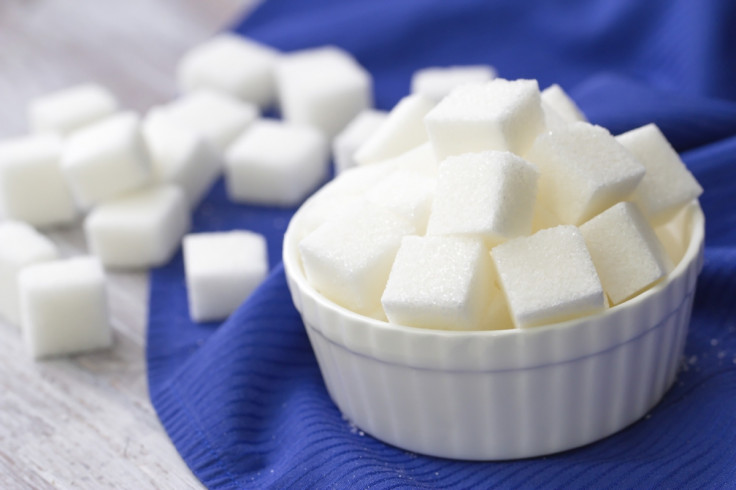Sugary soft drinks during pregnancy can give your child asthma
Project Viva aims "to improve the health of mothers and their children".

Children between the ages of 7 and 9 may be at greater risk for developing asthma if they consumed high amounts of fruit sugars – or fructose - in early childhood, or their mothers drank a lot of sugar-sweetened drinks while pregnant, a team of Harvard scientists has suggested.
Research unveiled Friday (8 December), reported on 1,068 mother-child pairs in "Project Viva", a years-long study designed to find ways "to improve the health of mothers and their children".
The team's fresh analysis found that in mid-childhood, 19% of the tested children had asthma.
One scientist on the study commented: "Avoiding high intake of sugary beverages during pregnancy and in early childhood could be one of several ways to reduce the risk of childhood asthma."
Here's how the latest study worked. After their first and second trimesters, mothers completed questionnaires about food and beverage consumption, including regular soda and fruit sugar-filled drinks.
Later, when their children had reached early childhood (3 years), the mothers completed another questionnaire to report their children's consumption of a variety of foods and drinks.
Based on responses, the researchers computed fructose intake and analysed the results based on quartiles (divided up groups) of sugar-sweetened beverage and fructose consumption.
Asthma in mid-childhood was determined, the team said, by a mother reporting a doctor's diagnosis of asthma, plus wheezing or asthma medication use over the period of 12 months.
The research – by experts from Harvard Medical School in Boston and funded by the National Institute of Health – claimed it was especially important to look at fructose consumption as it is a major contributor to total sugar intake and may have specific airway effects.
Project Viva has released a number of publications about sugar intake in the past. The recruitment of the women taking part in the lengthy test study dates back to 1999.
The latest results suggested that mothers in the highest group of sugar-sweetened beverage and fructose consumption during pregnancy were 63% and 61% more likely, respectively, than those in the lowest group to produce mid-childhood-age kids with asthma.
The findings were adjusted for pre-pregnancy body mass, age, race/ethnicity and other factors that may have affected results, the Project Viva scientists said.

The study suggested children in the highest group of sugar consumption in early childhood were 64% more likely than those in the lowest group to have asthma in mid-childhood.
Sheryl L. Rifas-Shiman, a lead author, commented: "Previous studies have linked intake of high fructose corn syrup sweetened drinks with asthma in school children.
"But there is little information about when during early development exposure to fructose might influence later health."
The researchers noted that other academic studies have found links between obesity and asthma, as well as between sugar-sweetened beverage and high fructose intake and increased asthma risk.
Recent studies, the team added, have also suggested that in addition to increasing asthma risk through obesity, fructose itself may cause inflammation in the lungs.
Some potential limitations in the study included the fact that an observational study could not show cause and effect, and study participants were mostly from more affluent families so findings may not fully take socioeconomically disadvantaged families into account.
The new paper was titled "Prenatal and Early-life Fructose, Fructose-containing Beverages, and Mid-Childhood Asthma" and was published in the Annals of the American Thoracic Society.





















